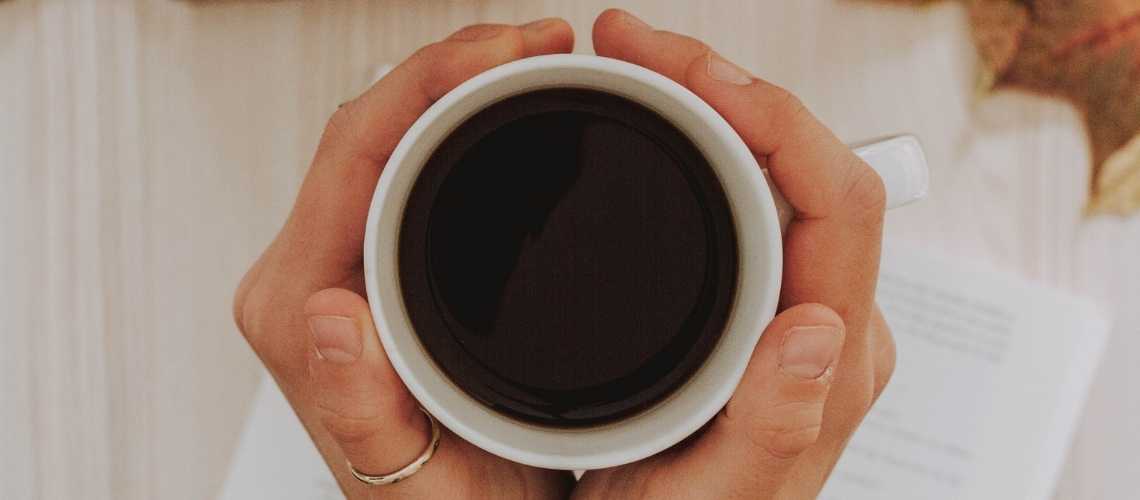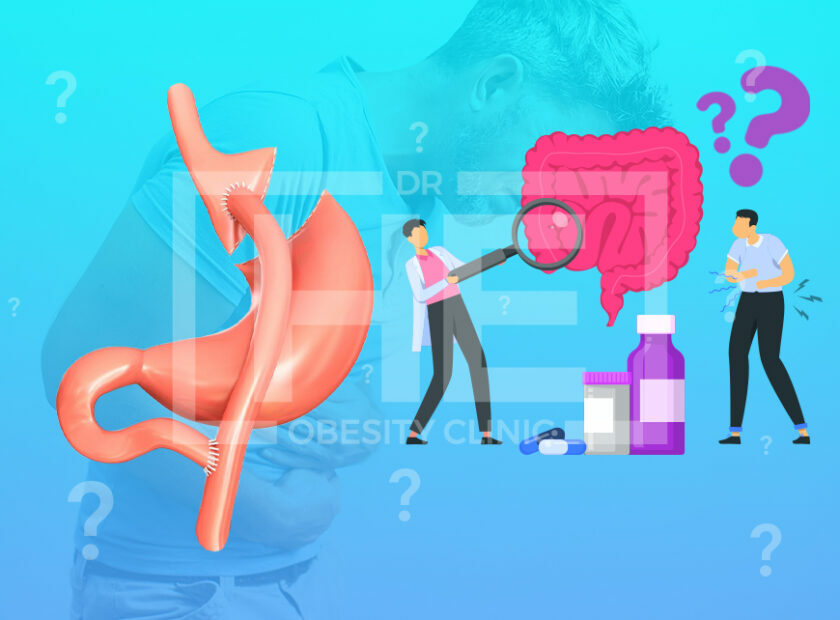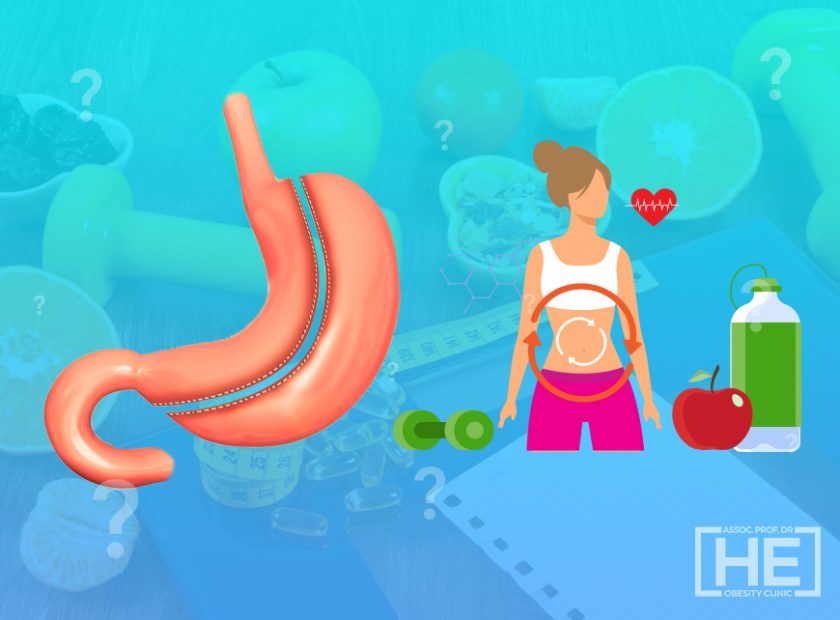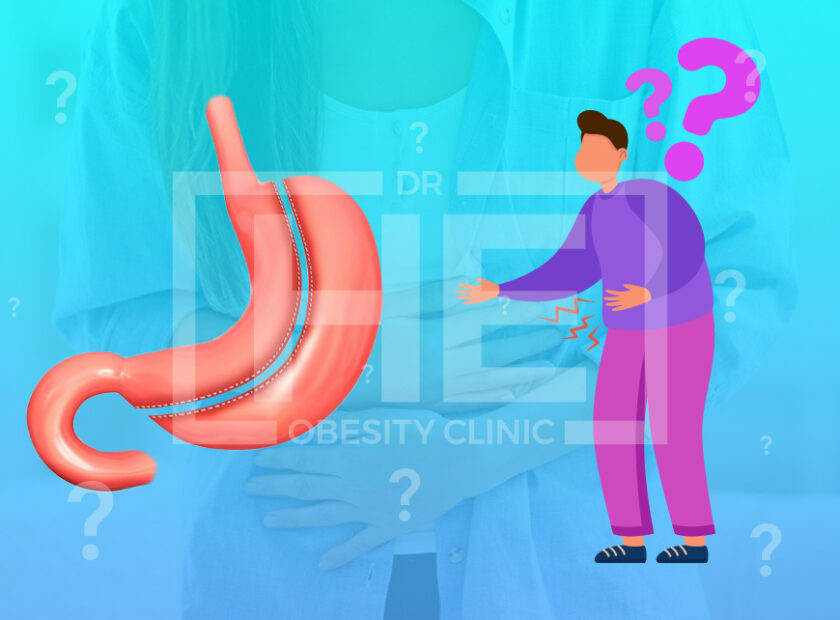
When Can I Drink Coffee After Gastric Sleeve? Many people ask, Can I drink coffee after bariatric surgery? The short answer is both yes and no. There are numerous risks associated with caffeine, including dehydration and reduced nutrient absorption.
Besides this, drinking coffee may cause digestive problems, including GERD and acid reflux. Additionally, caffeine is highly addictive for some people, so it’s best to limit your caffeine intake until your condition improves.
If you’re looking to continue drinking coffee after your bariatric surgery, it’s important to know that it’s safe to do so.
Most people have no problem with caffeine, but you should avoid drinking it for at least 30 days after surgery. It is also important to remember that coffee contains high levels of caffeine. If you’re considering coffee after your bariatric procedure, it’s best to start slowly.
Although coffee is widely available, you’ll probably need to start slowly. After your surgery, it’s fine to drink one cup a day for the first few weeks.
However, it’s best to limit caffeine intake. It’s also best to limit your intake of other foods high in caffeine, such as energy drinks. It’s important to follow your surgeon’s and dietitian’s instructions to avoid irritating your stomach and compromising your recovery.
Is Caffeine Good For Our Bodies?
There are several health risks associated with caffeine consumption. One of them is the possibility of gastrointestinal upset, which may lead to ulcers and acid reflux.
Although this is rare, it can still occur. Some medicines also contain caffeine, and it is recommended that individuals with sensitive digestive systems limit or avoid the consumption of this substance. In addition to causing digestive problems, caffeine can also have other negative effects. Here’s why caffeine can be harmful.
First, we should note that while caffeine is a mild stimulant, it can be harmful to our bodies if taken in excess. Moreover, it can interact badly with certain medications, which may worsen certain conditions. In addition, too much caffeine can cause heartburn, insomnia, and agitation.
While the short-term benefits of caffeine are well-established, excessive consumption is likely to be dangerous. However, it is important to limit the intake of caffeine to avoid any serious consequences.
The first side effect of caffeine is its effect on the nervous system. In addition to causing anxiety, it also decreases the functioning of the brain. It is also linked to a lack of sleep.
Therefore, caffeine is considered a gateway drug and should be consumed in moderation. The amount you consume depends on your age and your personal health goals. In adults, you should consume no more than 200 mg of caffeine per day.
What is Gastric Bypass Surgery?
In general, a gastric bypass surgery limits the amount of food a patient can eat and the number of calories they can take in. It works by creating a small pouch inside the stomach, which connects to the lower part of the small intestine. This reduces the amount of food a patient can absorb.
There are two types of gastric bypass surgery: laparoscopic and open. The open procedure is more invasive, but requires a larger abdominal incision.
After a gastric bypass surgery, the small intestine is attached to the new pouch. This allows digestive fluids to pass directly through the upper section of the small intestine, preventing the stomach from absorbing large amounts of calories and nutrients.
This surgery will also improve a person’s quality of life, and may reduce their risk of certain diseases. Before having a gastric bypass surgery, patients must follow a strict diet and exercise plan for three months after the procedure.
What Happens If You Drink Coffee After Gastric Sleeve Surgery?
After bariatric surgery, you may be concerned about drinking coffee. While it provides energy and kicks-starts your day, caffeine is acidic and can cause dehydration.
However, moderate coffee consumption has been linked to increased life expectancy and lowered risks for heart disease and certain cancers. However, caffeine can also increase heart rate and cause jitteriness.
Decaffeinated coffee is safe for patients after the procedure, but it should only be consumed after 30 days. This longer period allows the body to heal and lessens the risk of damage.
However, decaffeinated coffee can still trigger acid reflux, so you should drink it only as instructed by your healthcare provider. If you really need a coffee fix, try decaf.
People who have had bariatric surgery must avoid caffeine. It can increase a person’s acid secretion and indigestion, which can lead to serious complications. Water is the best option for coffee drinkers, as it keeps you hydrated and has no added sugar or ingredients.
You can even add fruit or lemon slices for taste. While some people may not like the taste of water, it is a safe and healthy alternative.
After gastric sleeve surgery, patients should avoid caffeine-containing beverages, such as soda and energy drinks. While moderate amounts of coffee may be acceptable after gastric sleeve surgery, drinking excessive amounts can have harmful consequences.
Drinking too much of the beverage may increase the risk of recurrence of your surgery, which can lead to a relapse of some symptoms.





